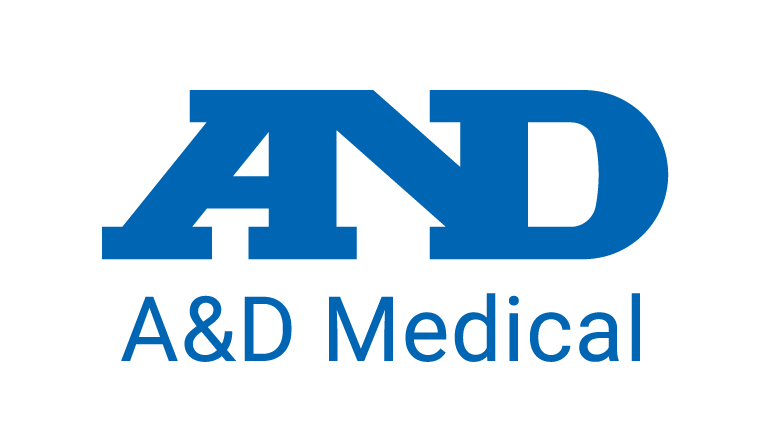6 Tips to Lower Blood Pressure Naturally
High blood pressure, or hypertension, is a silent health threat that affects millions worldwide. Left unmanaged, it can lead to severe complications such as heart disease, stroke, and kidney problems. The good news? You can take simple, natural steps to lower your blood pressure and maintain healthier readings. Here are six science-backed tips to get you started:
1. Reduce Caffeine Intake
Did you know that your morning cup of coffee could be affecting your blood pressure? Studies show that caffeine can temporarily spike blood pressure levels for up to three hours after consumption. If you’re a coffee enthusiast, consider limiting your intake or switching to decaf. Tracking your caffeine habits can reveal patterns and help you manage your levels more effectively.
2. Cut Back on Salt
Excess sodium is a well-known culprit behind high blood pressure. Aim to limit your salt intake to about one teaspoon (6 grams) per day. Replace salt with flavorful alternatives like herbs, spices, garlic, or lemon juice to enhance your meals without the added sodium. Even small changes can have significant effects on your heart health.
3. Shed Excess Pounds
Weight loss is one of the most effective lifestyle changes for controlling blood pressure. For every 2.2 pounds (1 kilogram) you lose, you may reduce your blood pressure by about 1 mmHg. Focus on maintaining a balanced diet rich in fruits, vegetables, lean proteins, and whole grains, and engage in regular physical activity to support healthy weight loss.
4. Prioritize Quality Sleep
Sleep is essential for overall health, and poor sleep patterns can contribute to high blood pressure. Aim for 7-9 hours of quality sleep each night. Develop a consistent sleep routine, create a relaxing bedtime environment, and minimize distractions such as screens before bedtime. Quality rest supports your heart and overall well-being.
5. Commit to Regular Exercise
Physical activity is a powerful tool in managing blood pressure. Regular aerobic exercise, such as brisk walking, jogging, cycling, or swimming, can lower your blood pressure by 5-8 mmHg. Aim for at least 30 minutes of moderate-intensity exercise most days of the week. The key is consistency—find activities you enjoy and make them a part of your routine.
6. Limit Alcohol Consumption
While moderate alcohol consumption can have some health benefits, excessive drinking raises blood pressure levels. Stick to recommended guidelines: no more than 14 units per week spread over several days. Cutting back on alcohol can significantly improve your cardiovascular health and reduce hypertension risks.
Small Changes, Big Results
These practical tips can empower you to take control of your blood pressure and improve your overall health. Remember, even small changes can lead to significant results over time. Track your progress, celebrate your wins, and stay consistent with your efforts.
Take the Next Step
Ready to take charge of your heart health? Try incorporating these tips into your routine today. For additional support, download our free blood pressure tracker or explore our range of advanced blood pressure monitors designed to help you stay on top of your health goals. Share your journey and tips in the comments below—we’d love to hear from you!
Your heart will thank you for it!
Click here to add your own text







